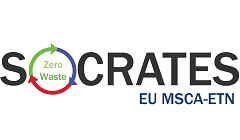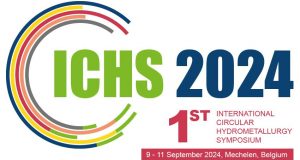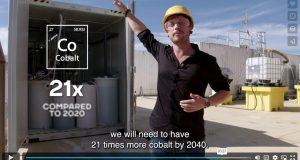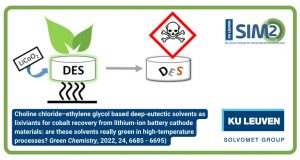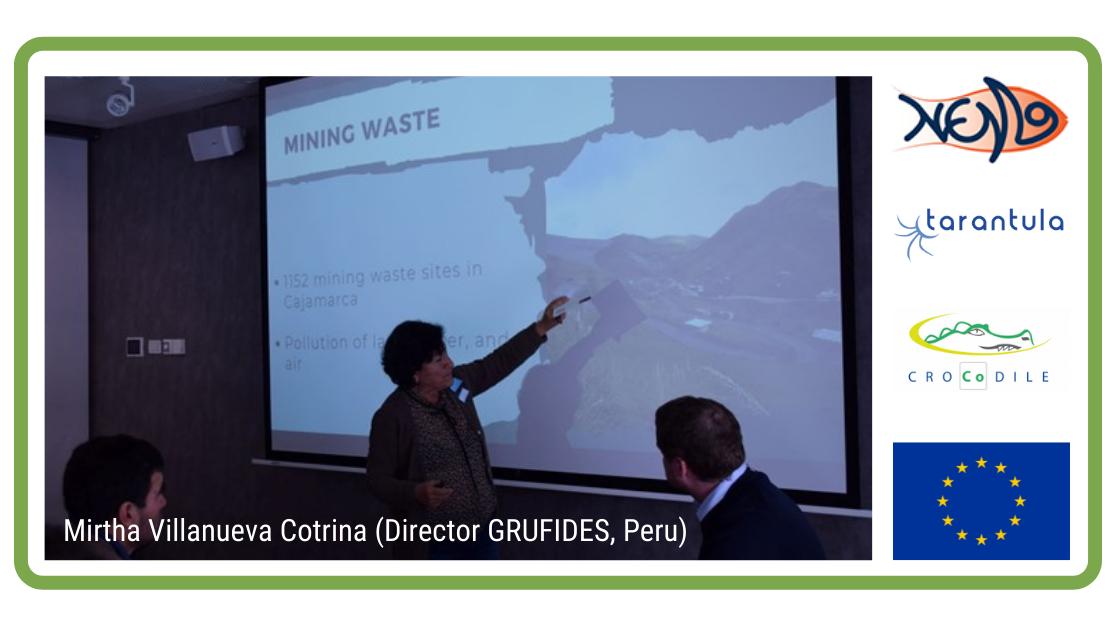The EU ETN SOCRATES project team has launched a press release about its recent Policy Brief entitled “Lead Metallurgy is Fundamental to the Circular Economy”. The key message by the authors of the Policy Brief is that the EU’s circular economy plans risk stalling if regulators pursue ill-judged restrictions. (PTJ, Leuven, 28/3/2019)
EU ETN SOCRATES Press Release [PDF-version available here]
LEUVEN, 28/03/2019 – A group of senior EU scientists has expressed alarm over plans to restrict the use of important metals, such as lead, saying the plans will severely hamper the bloc’s ability to achieve its circular economy goals. The group aims to push for more proportionate regulations affecting metals used in batteries and recycling processes. The move comes as European chemicals regulators contemplate in-effect bans on metals such as lead (Pb). This metal is, however, used by companies such as Umicore and Metallo as a carrier metal, which ‘unlocks’ these companies’ ability to recover and recycle everything from silver to cadmium. To highlight this paradox and to provide a firm metallurgical background on the importance of lead, researchers from the EU Horizon 2020 MSCA-ETN SOCRATES project have just published a new Policy Brief, authored by Prof. Bart Blanpain (KU Leuven, Belgium), Prof. Markus Reuter (TU BAF, Germany) and Dr. Annelies Malfliet (KU Leuven, Belgium). The Policy Brief is oriented at the incoming European Parliament and Commission, warning them of the consequences of ill-judged regulatory decision making. The authors argue that restricting lead metallurgy in the EU would not only have a detrimental impact on the lead industry, but also on all the industries linked to it that work with elements like silver, copper, antimony, tin, tellurium and zinc. As such, the EU’s plans for energy storage, smart cities and clean technologies might be jeopardised. The Brief outlines 5 key Lessons Learned.
Introduction
Metals are eminently recyclable, and by recycling and refining complex materials, the EU’s interconnected metals sector is responding to the increasing scarcity of certain metals. In this way, we are delivering and recovering the technology and base metals for the EU’s Circular Economy (CE). Moreover, metals are at the heart of the energy infrastructures that now run Circular Cities, and they will play an even greater part in the future.
One of these metals is lead. With respect to this familiar metal, industry is fully aware that in order to keep on using it, the associated risks need to be well managed at all times. Prof. Markus Reuter: “Importantly, lead is a key enabler in the CE, as it is capable of dissolving and carrying a multitude of technology elements. The recovery and recycling of several critical technology elements is based on refining them from lead through well-developed metallurgical processes in which the lead acts as a carrier metal.”

However, in June 2018 lead (Pb) was included in the REACH Candidate List of Substances of Very High Concern (SVHC), which can pave the way for severe restrictions in the use of lead in the future. Prof. Bart Blanpain (KU Leuven) explains why this is a worrying development: “Considering the crucial role that lead plays in the wider metallurgical industrial ecosystem, limiting lead metallurgy would have a detrimental impact, not only on the lead industry itself, but on all the EU industries linked to it. It is therefore critical that we maintain and further develop the lead infrastructure and know-how in Europe. To put it simply, lead metallurgy is fundamental if the EU wants to retain its leading position in the global circular economy.”
5 Lessons Learned
- Lesson 1: Lead is frequently seen as a problematic metal that can be detrimental to human health; what is much less well known is its fundamental role in extractive metallurgy and how this is closely associated with the Circular Economy.
- Lesson 2: Molten lead has unique properties that means it can act as an efficient liquid carrier for critical raw materials such as In, Bi, Cd and Te.
- Lesson 3: Restricting lead metallurgy in the EU would not only have a detrimental impact on the lead industry, but also on all the industries linked to it that work with elements like Ag, Cu, Sb, Sn, Te and Zn.
- Lesson 4: The focus must be on correctly and comprehensively minimising the risks of lead-containing materials for society and carefully managing them, rather than attempting to ban the use of lead.
- Lesson 5: An environmentally friendly and energy-efficient lead infrastructure together with the associated research and know-how in Europe is absolutely vital if the continent is to maintain its global leadership in the Circular Economy.
Later this year the European Commission is expected to open a consultation which could result in the use of lead being banned.
The SOCRATES Policy Brief: Download here
Further Information
Contact:
- Prof. Bart Blanpain, KU Leuven (Belgium): bart.blanpain@kuleuven.be (+32 16 32 12 16)
- Prof. Markus Reuter, TU BAF (Germany): markusandreasreuter@icloud.com (+49 160 94929014)
- Dr. Annelies Malfliet, KU Leuven (Belgium): annelies.malfliet@kuleuven.be (+32 16 32 12 79)
Video material:
ETN SOCRATES video: https://www.youtube.com/watch?v=9ilrNeKG4D8
About EU Horizon 2020 MSCA-ETN SOCRATES:
The European Training Network for the Sustainable, zero-waste valorisation of critical-metal-containing industrial process residues (SOCRATES) targets ground-breaking metallurgical processes, incl. plasma-, bio-, solvo-, electro- and ionometallurgy, that can be integrated into environmentally friendly, (near-)zero-waste valorisation flow sheets. By unlocking the potential of these secondary raw materials, SOCRATES contributes to a more diversified and sustainable supply chain for critical metals (cf. Priority area 3 in EC Circular Economy Action Plan; COM(2015)614/2). The SOCRATES consortium brings together all the relevant stakeholders along the value chain, from metal extraction, to metal recovery, and to residual matrix valorisation in added-value applications, such as supplementary cementitious materials, inorganic polymers and catalysts. By training the ESRs in scientific, technical and soft skills, they are the next generation of highly employable scientists and engineers in the raw-materials sector. [This project has received funding from the European Union’s EU Framework Programme for Research and Innovation Horizon 2020 under Grant Agreement No 721385].
About SIM² KU Leuven:
SIM² KU Leuven is a leading, interdisciplinary research cluster at KU Leuven uniting the research groups working on Sustainable Inorganic Materials Management. SIM² KU Leuven’s mission is to develop, organise and implement problem-driven, science-deep research and future-oriented education, contributing to the environmentally friendly production and recycling of metals, minerals and engineered materials within a circular-economy context.
About TU BAF:
Being a University of Resources, the TU Bergakademie Freiberg (TU BAF) – focuses comprehensively on securing the supply of natural resources along the entire added value chain. It covers the spectrum from the exploration for new deposits, the low impact, environmentally sound extraction of the raw materials as well as the development of alternative energy technologies and efficient materials right up to the recycling process. The basic idea of sustainable development remains at the forefront at all times. The TU Bergakademie Freiberg thus provides society with the basis for an environmentally compatible supply of resources which are essential for universal economic growth. Researchers in Freiberg use cooperative relationships with industry representatives on the regional and national level as well as with international businesses to carry out fundamental research activities that have practical relevance. For years, the professors of the TU Bergakademie Freiberg have ranked among the absolute elite in Germany in terms of third party funds.

